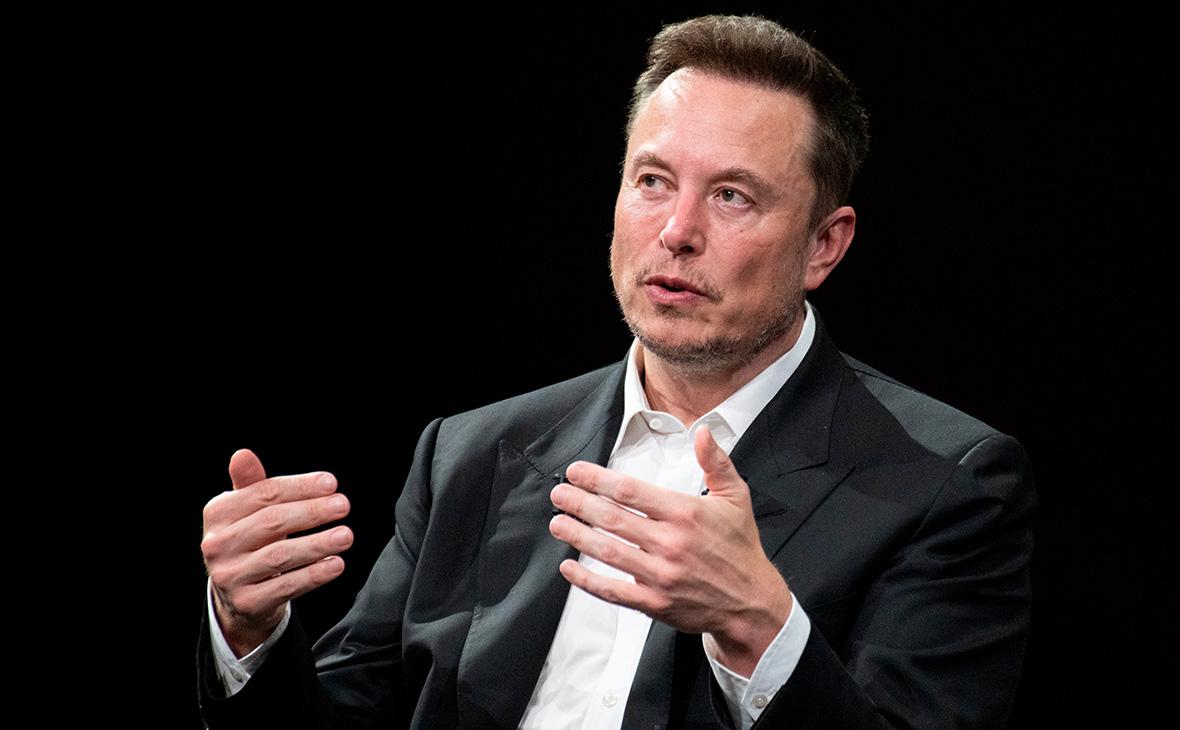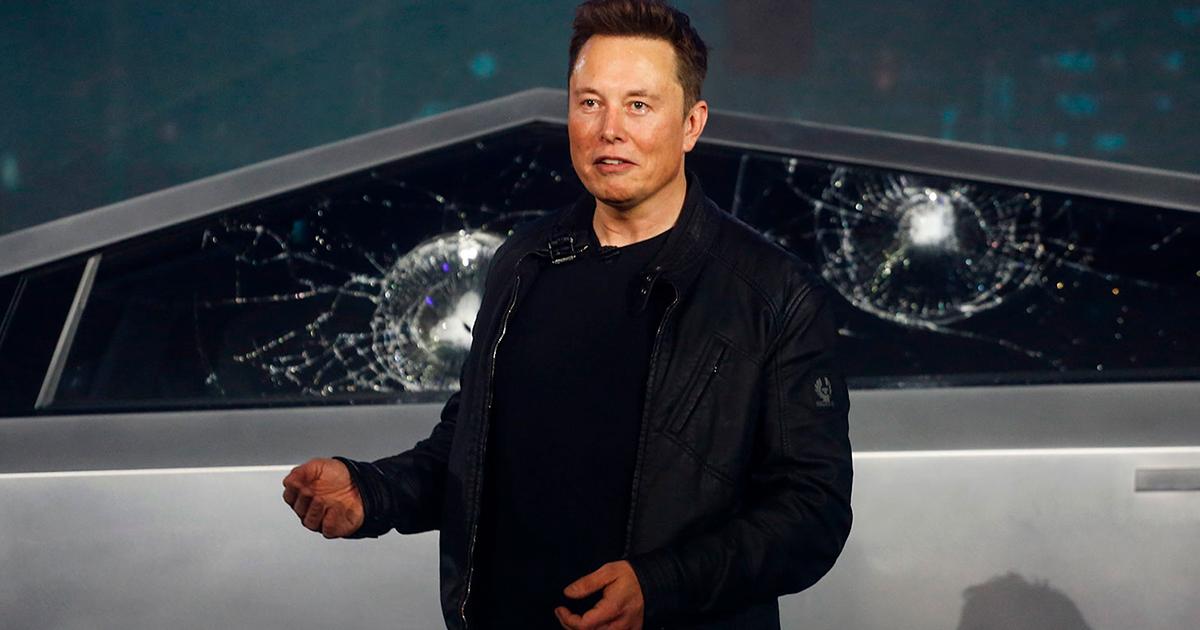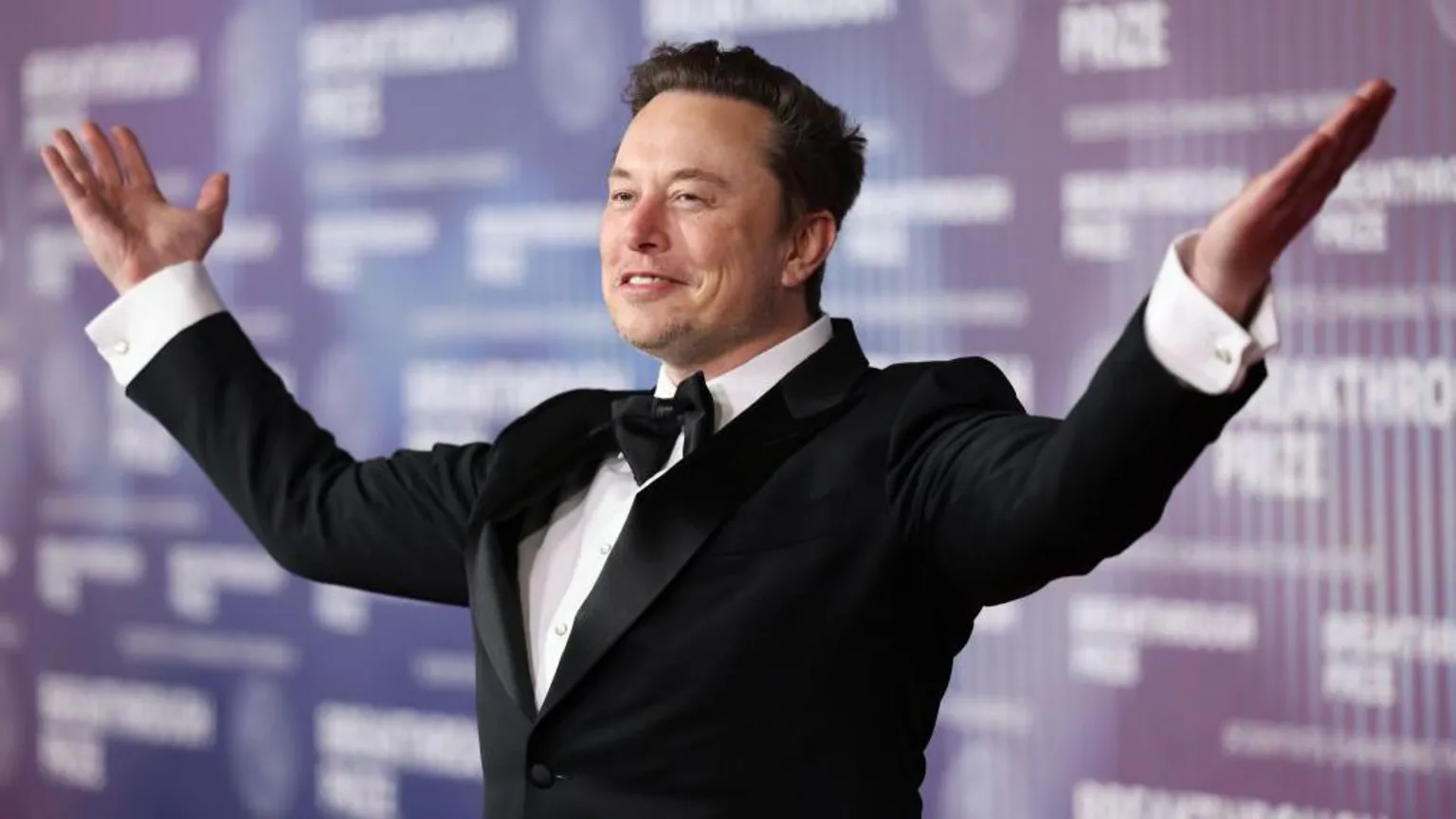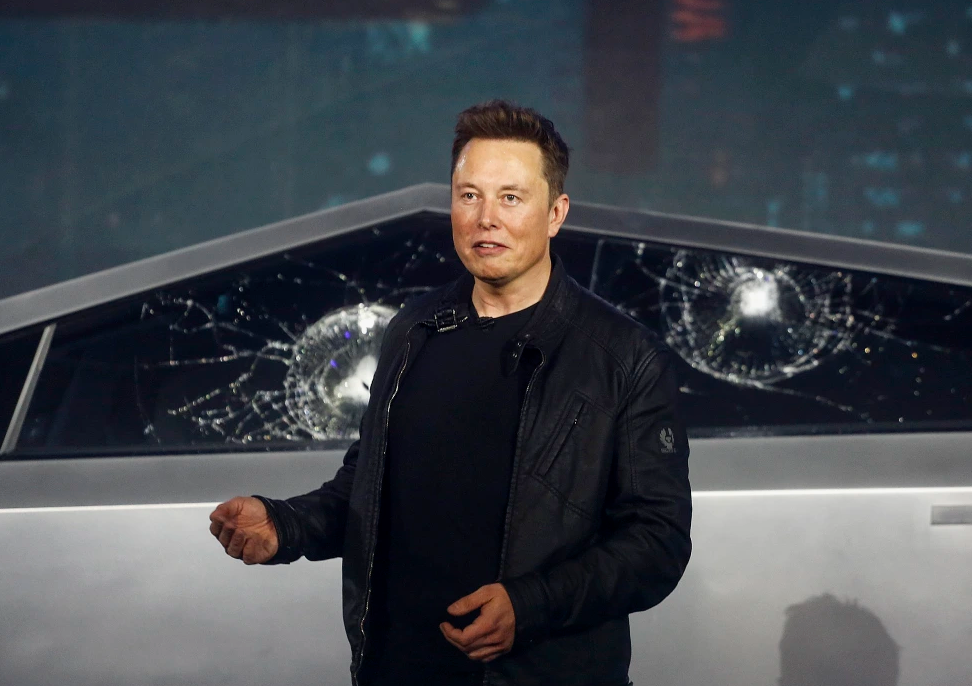In a dramatic shift reshaping the future of global auto manufacturing, India is aggressively courting Elon Musk, signaling to the world that Tesla is at the center of its electric vehicle (EV) ambitions. At the same time, legacy automakers like Mercedes-Benz and Volkswagen—once seen as the gold standard of automotive engineering—are being pushed to the sidelines.
Behind closed doors, top Indian officials are rewriting import rules, creating EV-friendly zones, and offering unprecedented incentives to attract Musk. The message is loud and clear: India is betting big on Tesla—and it’s not looking back.
Why is India all-in on Elon Musk? And what does this power play mean for traditional automakers in Europe?
Let’s explore the unfolding story that could define the next era of the automotive world.
🚗 India’s EV Dream: Why Tesla Matters More Than Ever
India, the world’s most populous country, is undergoing a mobility revolution. With rising urbanization, severe air pollution, and dependence on oil imports, the government has declared EV adoption a national priority.
However, there’s a problem: India’s EV ecosystem is still in its infancy. The market lacks advanced charging infrastructure, high-end EV manufacturing capabilities, and globally competitive electric vehicles.
This is where Tesla enters the picture.
India sees Tesla not just as another car manufacturer, but as a catalyst for systemic change—a company that can:
-
Supercharge local EV manufacturing
-
Attract foreign investment in clean tech
-
Inspire Indian startups to innovate faster
-
Build premium infrastructure around charging and autonomy
In short, Elon Musk is viewed as the accelerant to India’s EV ambitions—and the government is pulling every lever to bring him in.
Behind the Curtain: What India Is Offering Elon Musk
While German automakers are still negotiating standard investment terms, Tesla is reportedly being offered a VIP package:
1. Import Duty Reductions
Tesla has long criticized India’s high import duties, which can reach up to 100% on fully assembled cars. Now, sources suggest India is considering a special EV import window, allowing Tesla to bring in a set number of vehicles at reduced tariffs—perhaps as low as 15%.
This alone would slash Tesla’s costs and allow it to test the Indian market at scale.
2. Land and Infrastructure for Giga India
State governments—including Maharashtra, Gujarat, and Telangana—are competing to offer Tesla land for a gigafactory, complete with infrastructure, power subsidies, and fast-track environmental clearances.
3. Policy Tweaks and Tailor-Made Incentives
India is reportedly drafting EV-exclusive manufacturing incentives under the Production Linked Incentive (PLI) scheme. If Tesla commits to local production, it could unlock billions in tax rebates and preferential access to government contracts.
4. Strategic Access to India’s Rare Earth Supply Chain
India is quietly developing its own supply of rare earth materials essential for EV batteries and motors. Tesla, as a strategic partner, may gain early access to these resources, reducing dependence on China.
This level of red-carpet treatment is virtually unprecedented in India’s industrial policy—highlighting how serious the country is about securing Musk’s attention.
What About Mercedes and Volkswagen?
India hasn’t banned German automakers, but their treatment stands in stark contrast.
Despite having established plants in India for years, Mercedes-Benz and Volkswagen have failed to make a significant dent in the EV space. Their electric offerings are limited, premium-priced, and imported—making them inaccessible for the average Indian consumer.
Here’s where they’re falling short:
-
Slow local adaptation: German automakers are cautious, often introducing global models late into India or skipping the market altogether.
-
High cost: Without serious localization, their EVs are priced out of reach—even for upper-middle-class buyers.
-
Limited vision: Their India strategies lack the disruptive energy that Tesla promises.
As a result, India’s EV roadmap is no longer aligned with the traditional European auto playbook. While Germany’s auto titans wait for gradual transformation, India is signaling urgency—and Tesla fits the bill.
⚡ India’s Strategic Bet: Why Elon Musk Is Worth the Risk
It might seem bold—even reckless—for India to prioritize a single company so heavily. But there are several strategic reasons behind this calculated risk:
1. Tesla as an Innovation Engine
India wants to become a global hub for EV innovation, not just assembly. Tesla’s presence could attract a wave of component manufacturers, software startups, and battery R&D labs—all critical for India’s industrial growth.
2. Soft Power and Global Image
Securing a Tesla factory would position India as a serious player in the global EV race—on par with China and the U.S. It sends a message to investors: India is the future of clean mobility.
3. Mass Market Potential
While Tesla is known for premium vehicles, Musk has hinted at developing a sub-$25,000 model for emerging markets. India could be the launchpad for this next-gen affordable EV—potentially creating millions of jobs and exports.
🧠 Elon Musk’s View: Why India Makes Sense for Tesla
From Tesla’s perspective, India offers a unique trifecta:
-
Scale: With over 1.4 billion people, India represents the largest untapped EV market in the world.
-
Engineering Talent: India’s growing pool of engineers and AI specialists aligns with Tesla’s vision for autonomous driving and robotics.
-
Geopolitical Hedge: As U.S.-China tensions rise, building in India offers a supply chain diversification strategy—without over-relying on Chinese factories.
And with India’s government now bending over backwards to accommodate him, Musk sees a green light to go big.
🔍 What This Means for the Auto Industry
India’s Tesla-first strategy may create ripple effects across the global auto landscape:
➤ For Germany:
-
Wake-up call: German automakers must move faster or risk losing relevance in key emerging markets.
-
Localization is no longer optional: Building for India means designing with Indian infrastructure, price sensitivity, and energy needs in mind.
➤ For China:
-
India is emerging as a counterweight to China’s EV dominance. If Tesla builds a gigafactory in India, it weakens China’s grip on global battery and EV supply chains.
➤ For Startups:
-
The Tesla halo effect could inspire Indian startups like Ather, Ola Electric, and Tork Motors to level up. Tesla’s supply chain might even incorporate them, creating a new generation of Indian unicorns.
🔮 The Road Ahead: Disruption or Dependence?
India’s gamble on Elon Musk is undeniably disruptive—but it’s also a double-edged sword.
If Tesla delivers—building cars, batteries, jobs, and innovation—it could leapfrog India into EV leadership within a decade. But if the partnership falters, or Tesla prioritizes exports over local impact, India risks overreliance on a single foreign giant.
Still, in an era defined by speed, innovation, and bold moves, India’s message is unmistakable:
